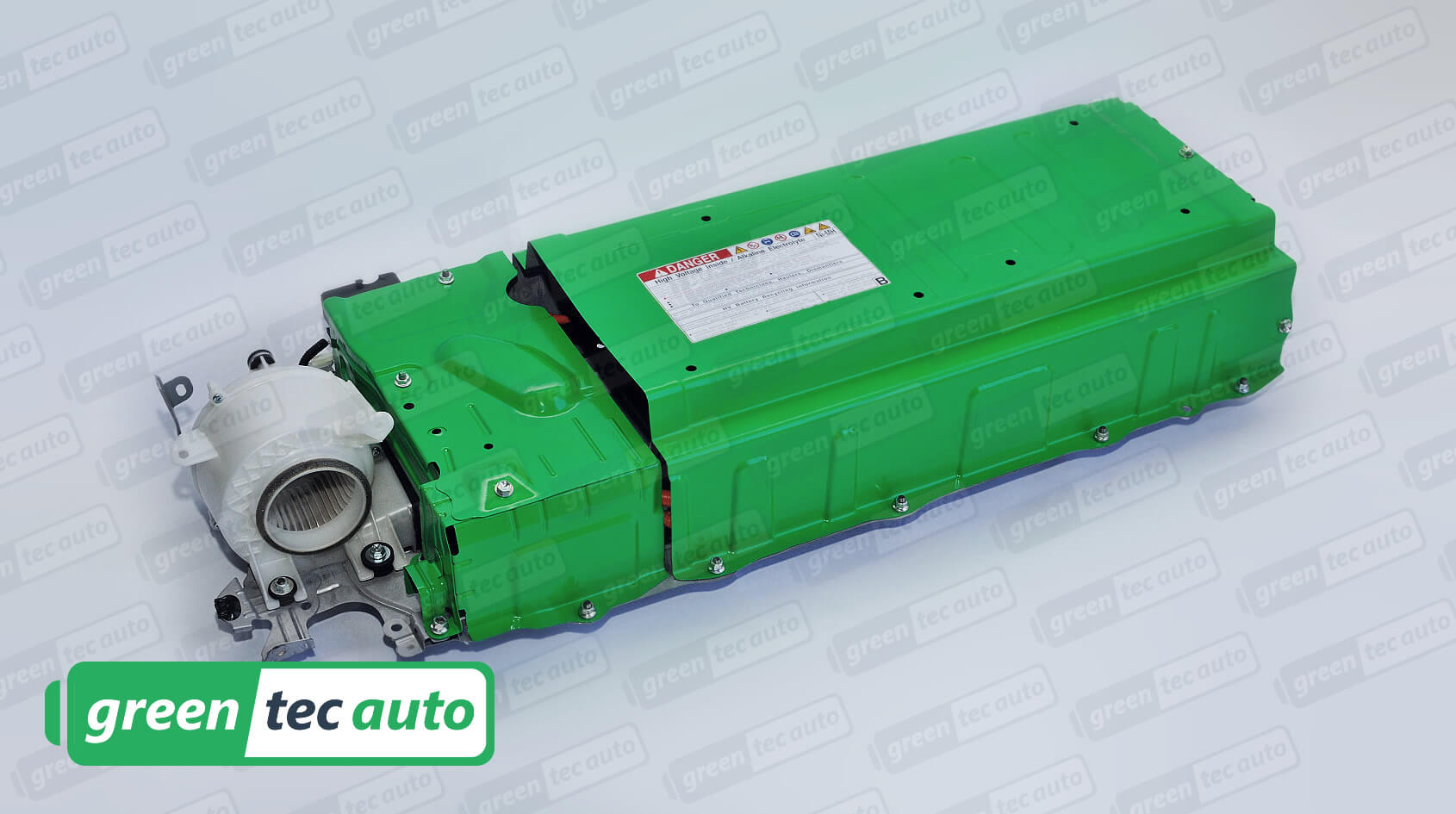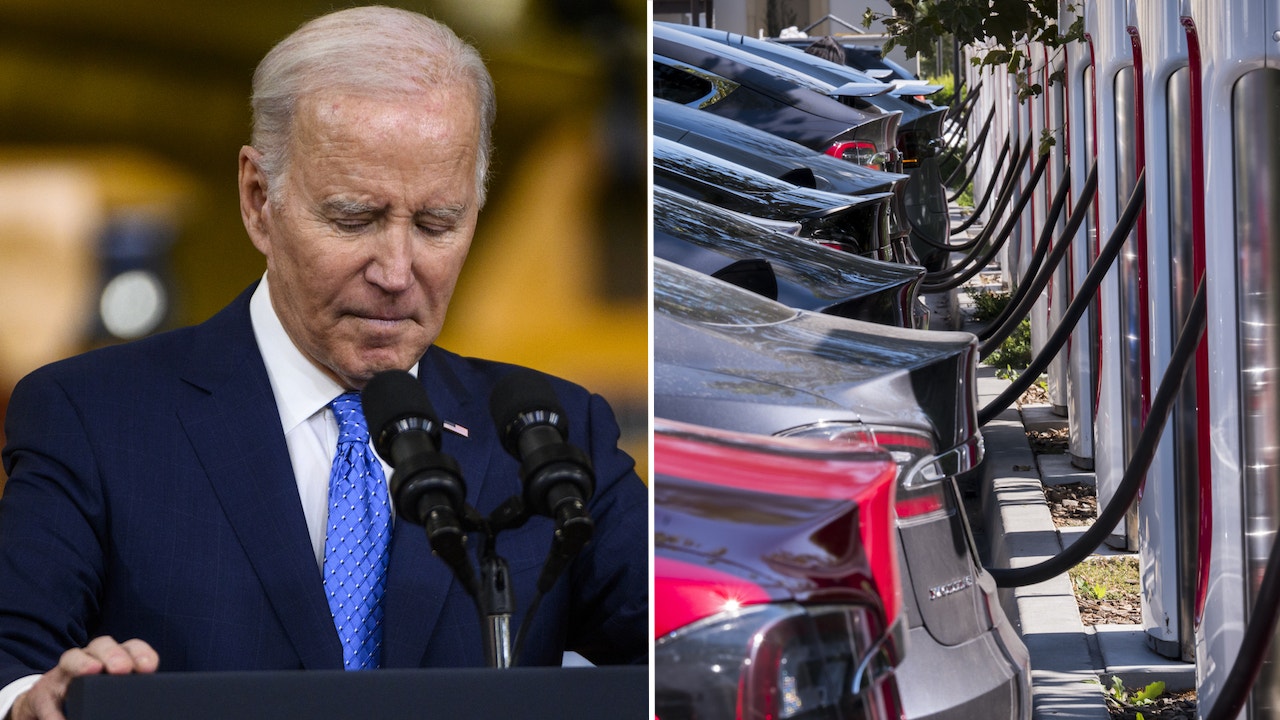
The Green Tax: Electric Vehicle Owners Shocked by Battery Replacements Costing $20,000+
Canadian Electric vehicle (EV) owners have been shocked to find out that battery replacements for their cars, especially older models, tops $20,000. One EV owner shared his experience, saying: "At the dealership, he looked it up online and said you're not going to like this," before delivering a...
Canadian Electric vehicle (EV) owners have been shocked to find out that battery replacements for their cars, especially older models, tops $20,000. One EV owner shared his experience, saying: “At the dealership, he looked it up online and said you’re not going to like this,” before delivering a bill of $15,000 plus labor and taxes.
“I don’t understand why they make the battery so expensive when you have to change it,” Phyllis Lau, who owns a 2018 KIA Soul all-electric vehicle, told CTV News Toronto.
Lau’s electric SUV came with a warranty for the battery that covers 160,000 kilometers (99,419 miles), or eight years, whichever comes first. This year, her EV clocked in more than 170,000 kilometers, meaning the warranty no longer covers the battery.
When the battery failed, Lau took the vehicle to her local dealership, where she was told a battery replacement, after labor and taxes, would come to $23,000. KIA reportedly agreed to foot half the bill, even though the EV was outside the warranty period.
“They won’t fully cover the cost,” Lau said. “They say the best they can do is half and half.”
Ken Edwardson, another Canadian EV owner, purchased a used 2011 Lincoln MKZ hybrid four years ago, and was shocked to learn that replacing the battery, also after labor and taxes, comes to about $20,000.
“At the dealership, he looked it up online and said you’re not going to like this,” Edwardson told CTV News Toronto. “It was about $15,000 for the battery plus labor and taxes.”
The electric vehicle owner added that he doesn’t feel it’s worth it to invest $20,000 in a car that is now over ten years old. “I just wasn’t expecting that kind of price to replace the battery,” he said.
WHAT ROCK HAVE THESE MORONS BEEN LIVING UNDER?





